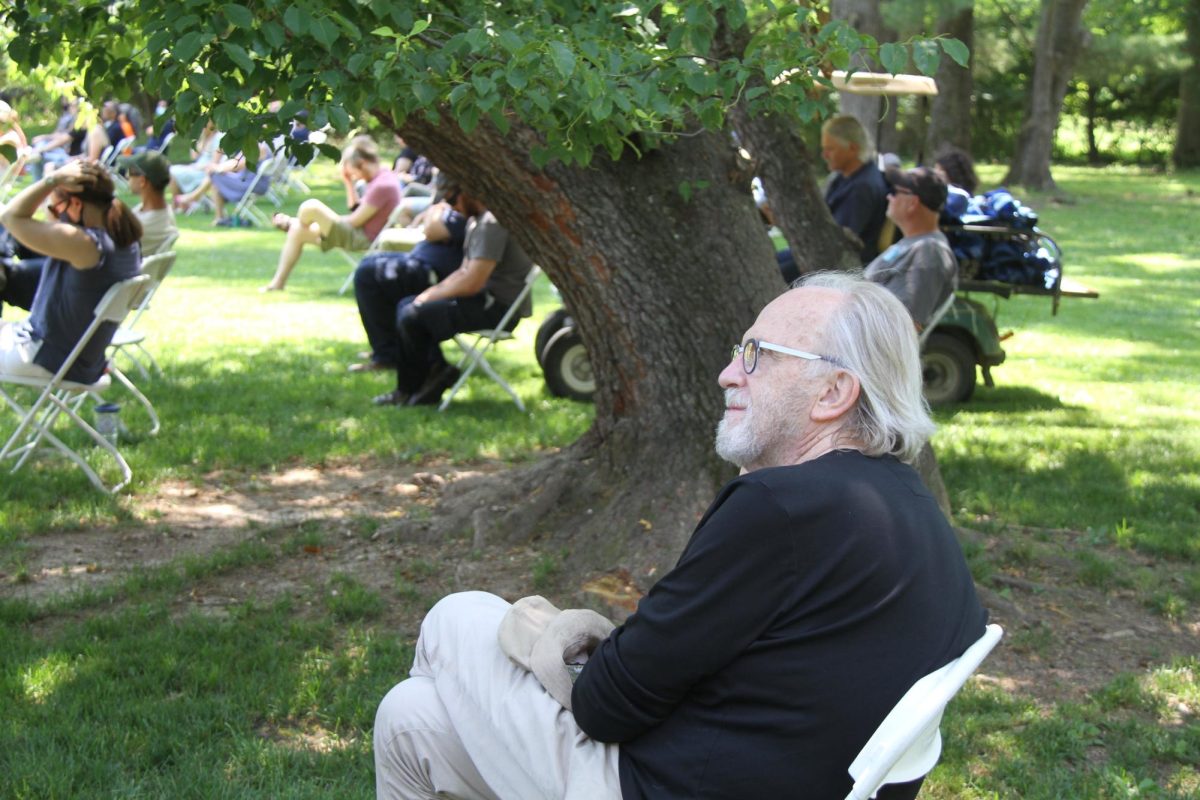New Zealand Shootings: Xenophobic and White Supremacist Culture Needs to STOP
March 25, 2019
“Hello brother.” Daud Nabi, a 71-year-old former Afghan refugee, uttered these peace-bearing last words to a newcomer at Nabi’s place of worship, seconds before the newcomer brutally massacred him and 49 others in a targeted terror attack on two mosques in Christchurch, New Zealand. The horrific events of March 15th, 2019 have since been publicized globally and described as “one of New Zealand’s darkest days.” Despite the inhumanity of these recent events, the New Zealand genocide should not be cast aside as a freak incident or as an unforeseen attack. Such white nationalist and anti-immigrant shootings have become all too frequent and familiar for us to be so lenient. If anything, the attack has further highlighted the global danger posed by white nationalists and neo-fascists. It was a direct product of the current global xenophobic/white supremacist political rhetoric, and it is urgent that we act to prevent similar occurrences in the future.
When asked whether he thought white supremacy was a rising issue following the New Zealand shooting, President Trump downplayed its role in the attack, responding, “I think it’s a small group of people that have very, very serious problems.” Unfortunately, this is wishful thinking. In recent years, xenophobic and white-nationalistic views have widely increased, as exhibited by the rise in hate crimes in the U.S., the initiation of Brexit, and the promises of a border wall, among multiple other international incidents. In the U.S., according to the Southern Poverty Law Center, the number of hate groups operating across America rose to an all-time high in 2018, and the vast majority of those groups adhered to some form of white supremacist ideology.
It has been globally accepted that the United States is the typical home for such horrific acts, and as white nationalism rapidly becomes a U.S. export, other countries are negatively affected by our xenophobic rhetoric. The New Zealand shooting is an extreme case of this burgeoning ideology. The attack has been linked to a 28-year-old white supremacist by the name of Brenton Tarrant. The killer issued a 74-page manifesto, in which he praised Donald Trump as “a symbol of renewed white identity and common purpose,” and claimed to have been influenced by anti-immigrant American media personalities. In short, it has rapidly become apparent that the gunman was heavily inspired by many aspects of the destructive climate in the United States. It’s clear that white supremacy in our nation is legitimizing the harmful views of far-right fanatics, and encouraging them to take drastic measures. While, yes, there might only be a “small group of people” with such radical opinions, this small group is increasing exponentially. The recent emboldening of those with such divisive views is due in part to the legitimization such opinions receive from the mainstream media and far-right politicians, and if our political climate is being perceived by them in such an extremist-affirmative light, something clearly has to change.
Moreover, even if extremists feel that they have the irrepressible desire to target and brutally murder groups of people out of sheer hatred, there should be sufficient policy to bar them from carrying out destructive acts. New Zealand took just six days to announce an immediate plan to change the nation’s gun policy. Prime Minister Jacinda Ardern announced a national ban on all military-style semi-automatic weapons, all high-capacity ammunition magazines and all parts that allow weapons to be modified into the kinds of guns used in the recent attack. According to the New York Times, the new law could be in place as soon as April 11. In contrast, America has been host to far more and arguably far worse shootings and yet has not made any significant policy change. This is mostly due to Republicans in the Senate who are terrified of challenging the NRA (the National Rifle Association), a gun lobby that feeds millions of dollars into Republican campaigns. In short, gun ownership should be a privilege, not a right, and American people need to vote to replace those in the government who cower in the face of passing gun-regulation laws.
Acknowledging the role of white nationalism in today’s society is crucial. While politicians may prefer to go on the offensive and ignore the uprise of white supremacy and the danger the unregulated use of guns poses, that won’t change the fact that the world has seen a significant increase in xenophobic attacks in the past decade, and the New Zealand shooting is yet another product of the U.S. unintentionally validating extremist alt-right views. Now more than ever, in the face of hate-crimes and destructive rhetoric, it is paramount that we fight for equality and for a change in the anti-foreigner, white nationalist climate of today’s society.





